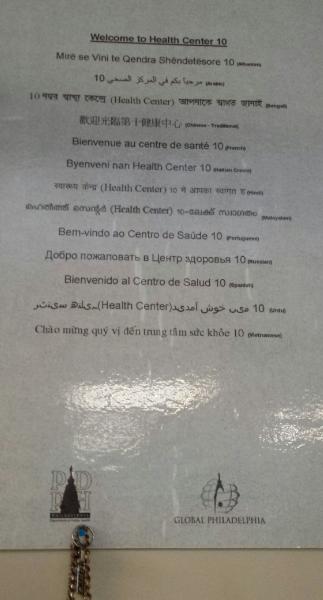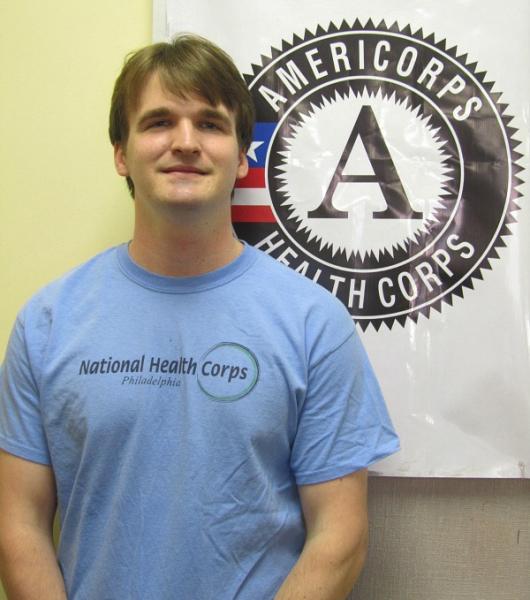Communication: The Gateway to Quality Care
While financial barriers preventing access to healthcare services are widely discussed - a favorite topic of both politicians and college kids alike – another challenge is the lack of knowledge about available healthcare resources. Perhaps the most common yet unrecognized cause for this barrier is a lingual difference, where an individual doesn’t understand his/her options because they speak a different language than the provider. Serving at Health Center 10, a clinic whose patient population is so diverse that the range of languages spoken spans several continents, this is a challenge I encounter daily.

Within the United States, there is no national language and as such, people should not be restricted from receiving care because of the language they speak. While the clinic works diligently to alleviate this issue with the resources available, housing at least four different translators daily and providing a phone-based translation service, having a translator readily available for each possible language and dialect is at times unrealistic. During my service, I have encountered numerous occasions where a lack of available translation services have hampered the communication between myself and a patient, consequently preventing the patient from learning what was needed to seek appropriate medical resources.
These challenges are great, with the ultimate consequence being poor health outcomes for the individuals and families we serve as Philadelphia Health Corps (PHC) members. However, one solution to this problem may be easier than we think and does not require a superhuman translator who speaks over twenty languages – namely, communication. As a Patient Assistance Program Advocate, the way I’ve attempted to assist in this process is to help facilitate the coordination of services between staff at the health center and the patient. For example, if a Russian translator is needed to explain an application but the patient must leave prior to one being found, I request to have the Russian translator contact the patient in order to schedule a time when the translator service is available. The public healthcare system – especially at Health Center 10 - is full of capable, caring individuals who are happy to help patients through their own field of expertise, but they cannot accomplish this if they do not know that help is needed. This frame of thought can also extend beyond language barriers as well. There have been many cases in which a patient has been eligible for Medicaid and arrived for services in the Patient Assistance Program (PAP) office. However, they did not know they were eligible due to a communication barrier at some point in their process to access this service. Once we were able to link them to someone specialized in insurance enrollment, the patient was able to seek out assistance and become enrolled in health insurance.
Although there are a number of challenges impacting the efficiency and effectiveness of our health care system overall, the power of the individual members of the healthcare team functioning as such can help to solve them. Through my service thus far, I have seen that the gateway to quality care opens when compassion, communication and resource sharing work together for the benefit of the patients at our health center.

This post was written by PHC member Zacory Kobylarz.
Zacory serves with the Philadelphia Department of Public Health at Health Center 10 as a Patient Assistance Program Advocate.